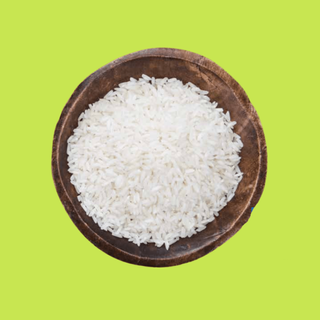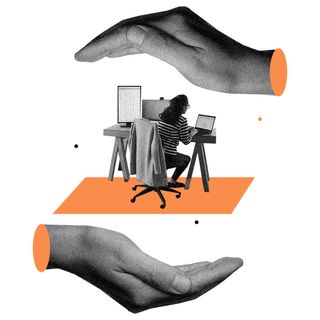India could have a vaccine ready by early 2021 if “there are no hiccups on the way,” Dr. Randeep Guleria, director of the All India Institute of Medical Sciences (AIIMS), Delhi, told The Print in an interview. But the first vaccine may not be the most effective, he added, warning that even after one comes to market, vaccine development will continue.
“It is not necessary that the vaccine which is out first is the best vaccine. It may not be the best in terms of efficacy, in terms of the duration of the immunity. … So, we need to continue to look at the vaccines as they come and the strategy of vaccination may evolve over the next year — to see which is best for our country, which is more suitable, and which gives the maximum efficacy,” he noted.
Scientists from across the globe have raised similar concerns about early vaccines and rushed development. Their concerns boil down to parsing the term ‘effective’ — will an ‘effective’ vaccine prevent Covid19 in both a 12-year-old and a 65-year-old? Will an ‘effective’ vaccine prevent transmission? How long will an ‘effective’ vaccine last — three months? A year? A lifetime?
“The vaccines coming through fastest are the most experimental. It is possible they won’t be all that great and that others — created using more tried-and-tested but slower methods — might be better. … [But] the first one that shows any significant protection will be the one people will want to start using straight away,” Professor Adam Finn, from the University of Bristol, in England, told The Guardian. Finn’s research focuses on the impact of vaccination on the transmission of respiratory viruses and bacteria. He worries mass adoption of whatever vaccine is ready first could prevent a later, more effective vaccine from becoming widespread.
Related on The Swaddle:
When We Finally Have a Covid19 Vaccine, Who Should Get it First? Experts Disagree.
Experts also worry the first vaccine cleared for distribution will not have specifically tested how the vaccine affects vulnerable groups like the elderly, or the immunocompromised. This may not make the vaccine unsafe, but it could provide these groups with a false sense of security that puts them at greater risk of infection.
“We know that vaccines often work better in young healthy adults, which is why vaccines for diseases such as influenza and shingles are enhanced for the elderly, with a higher dose or an adjuvant to boost immunity. It is also unclear how well clinical trials will assess effectiveness in those in minority ethnic and racial communities,” Dr. Kanta Subbarao, a WHO director who researches newly emerging viral diseases of global importance, wrote in Nature last week.
She added: “The trials will not assess whether vaccines will reduce transmission of the virus, so it will be hard to say whether vaccinated young, healthy people can return to work safely without continued precautions.”
As the world looks forward with hope and optimism that life will return to normal with the first Covid19 vaccine, it can’t ignore the many questions that will remain in the fight to eliminate the disease, nor cease its efforts to refine immunization.
“It has not yet dawned on hardly anybody the amount of complexity and chaos and confusion that will happen in a few short months,” Dr. Gregory Poland, director of the Vaccine Research Group at the Mayo Clinic, told The New York Times.




